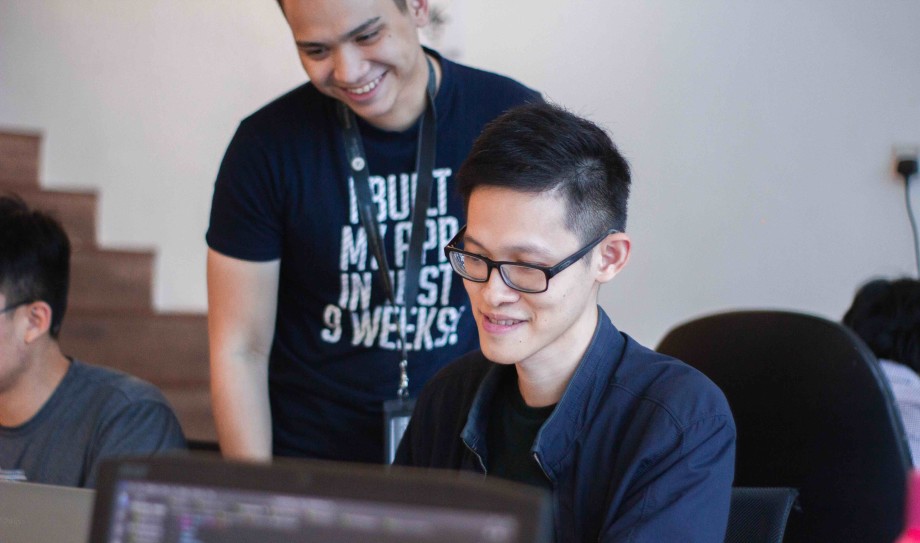Change is here. Product versions are released faster than ever, new start-ups pop up every minute, and on top of that, we are bombarded with frightening news about AI taking over human jobs. Managers must adapt quickly by developing internal talent and capabilities.
It’s not easy, as operational day-to-day work consumes a lot of time and energy, and little is left for self- or organizational development. Although we all have limited time, successful people like Barack Obama, Bill Gates, Warren Buffett, Oprah Winfrey, and Elon Musk make time to read regularly and learn new skills. You and your team should too.
Here are three simple steps to kick-off organisational learning:
1. Make learning part of the business.
Learning is often a low priority, as it seems disconnected from daily business. Change this! Plan and set up an information system that continuously collects data about your team’s training needs, and for best results, connect it with objectives and key results (OKRs).
Start by mapping what skills are needed and what skills are already there. We also recommend mapping what people want to learn. Giving employees the opportunity to develop skills they want in addition to those the organization needs increases motivation and engagement. Team members feel heard and cared about. Learning is very important to Millenials, so this approach will also improve retention. People care about their jobs when their organizations care about and support them.
2. Connect people within the organisation.
Learning should not be about the percentage of completed courses or certifications gained, but championing high standards of how people work and learn together. The process usually happens unplanned, but you can encourage it.
Start within the organisation by connecting senior and junior employees in communities of learning. Give team members ownership of creating such communities to increase motivation. Focus on facilitating this contact, not imposing rules.
Internal learning and knowledge exchange is an excellent way to grow your organisation’s capabilities. Young talents can see a senior perspective, receive feedback on their performance and progress, and learn what skills and approaches they need to take on new projects and advance their careers. All within the context of your organisation! What could be better?
3. Set the stage for team learning.
Whenever your employees work in teams, facilitate team learning. Start by making sure that teams have all the resources they need, such as a digital space to share their learning materials and time for feedback sessions. People learn from one another and constantly increase clarity in goals, roles and understanding different perspectives when they regularly share learning resources and discuss how they can improve working together. Additionally, team learning enhances skills such as communication, critical thinking, and active listening. All this will make your organisation strategically and operationally adaptive.
Change doesn’t happen overnight, but this approach will move your organisation forward step-by-step. Let us know your thoughts and reach out if you’re interested in automising data collection or setting up a digital learning space for your teams. Good luck!
